
The Dead Sea is one of Israel’s must-visit destination. Travelers can find relaxation as well as unique sights of nature. The dead sea is known for its location as the lowest point on Earth, the therapeutic benefits of its mud and salt, and the nature reserve in Ein Gedi. There’s much to explore and experience. Here’s a comprehensive guide to help you plan your visit to the Dead Sea.
The Dead Sea Location
Located between Jordan to the east and Israel to the west, the Dead Sea is a landlocked salt lake situated in the Jordan Rift Valley. What makes the Dead Sea truly unique is its position as the lowest point on Earth’s surface, sitting at approximately 430 meters (1,410 feet) below sea level. This geographic marvel is not just a wonder of nature but also a place of great historical and cultural significance.
Dead Sea Weather
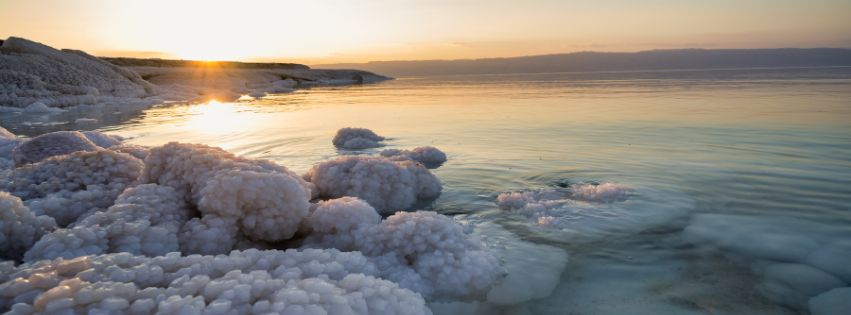
The Dead Sea region boasts a desert climate, characterized by hot, dry summers and mild winters. Here’s what to expect:
- Summer (June to September): Temperatures can soar above 40°C (104°F).
- Autumn (October to November): Temperatures begin to cool down, ranging from 20°C to 30°C (68°F to 86°F).
- Winter (December to February): Mild and comfortable, with temperatures ranging from 14°C to 20°C (57°F to 68°F). This is a popular time for tourists as the weather is more bearable.
- Spring (March to May): Similar to autumn, with temperatures between 20°C and 30°C (68°F to 86°F).
Qumran Caves and The Dead Sea Scrolls
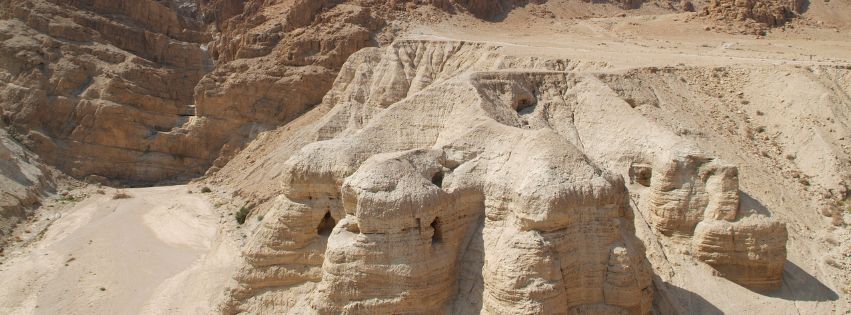
The Dead Sea Scrolls are a collection of Jewish texts discovered in the Qumran Caves near the Dead Sea in the 1940s and 1950s. These ancient manuscripts date back to the Second Temple period (530 BCE to 70 CE) and include some of the oldest known copies of the Hebrew Bible. The scrolls provide invaluable insights into the religious practices, languages, and cultures of the time. Today, many of these scrolls are housed in the Shrine of the Book at the Israel Museum in Jerusalem, where they continue to be a subject of scholarly study and public fascination.

Places to Visit
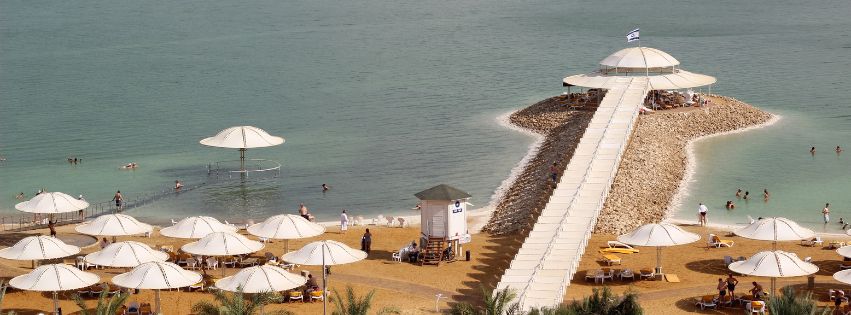
1. Dead Sea Hot Springs
Natural hot springs, such as those found at Ein Gedi, offer a soothing and therapeutic experience. The mineral-rich waters are believed to have healing properties, making them a popular spot for relaxation.
2. Dead Sea Beaches
The shores of the Dead Sea provide unique floating experiences due to the high salt concentration. Popular beaches include Ein Bokek and Neve Midbar, where visitors can float effortlessly on the water’s surface.
3. Dead Sea/Ein Gedi Oasis Nature Reserve
On the western shore of the Dead Sea, the Ein Gedi Oasis Nature Reserve is a green paradise in the midst of the Judean Desert. Ein Gedi offers visitors a chill retreat where they can explore a variety of hiking trails that lead to waterfalls, springs, and ancient archaeological sites. The reserve is home to a diverse range of plants & animals (including unique bird species). Key attractions within the reserve include the David Waterfall, the Dodim Cave, and the ancient Ein Gedi Synagogue, each offering unique glimpses into the area’s natural and historical heritage.
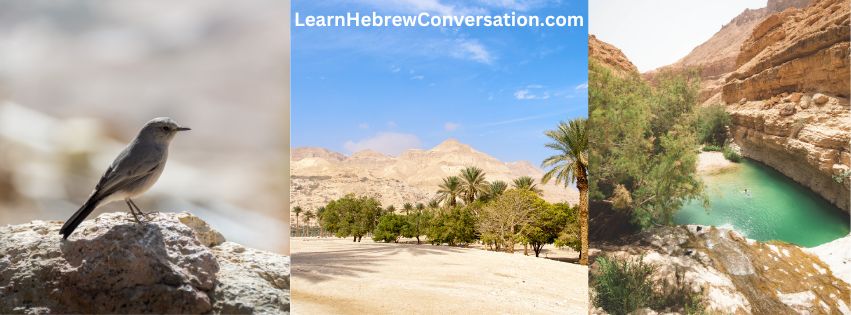
4. Qumran National Park: Explore the ancient ruins of the Qumran settlement, while you can’t enter the actual Qumran caves where the scrolls were found, you can view them from designated lookout points. The visitor center also features exhibits showcasing artifacts found in the area. The Qumran Caves are about a 1-hour drive from Jerusalem and 1.5 hours from Tel Aviv.
The Dead Sea Mud and Salt Benefits
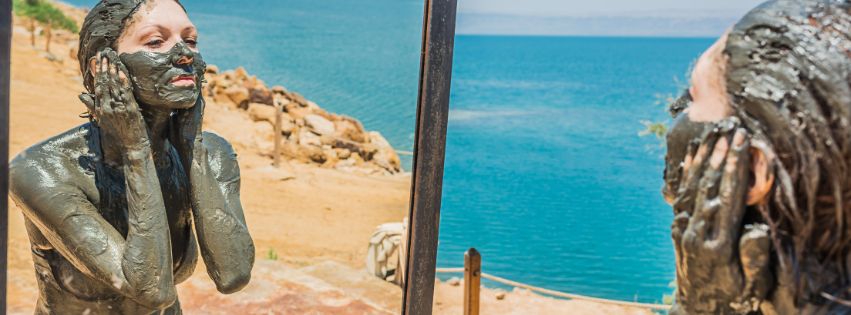
The mineral-rich mud and salt of the Dead Sea are renowned for their therapeutic benefits:
- Dead Sea Mud: Packed with minerals such as magnesium, calcium, and potassium, the mud is used in treatments to improve skin health, alleviate pain from arthritis, and detoxify the body. Applying the mud can help exfoliate and nourish the skin, leaving it soft and rejuvenated.
- Dead Sea Salt : The high mineral content in Dead Sea salt makes it beneficial for various skin conditions, such as eczema and psoriasis. Bathing in Dead Sea salt can improve skin hydration, reduce inflammation, and promote overall relaxation.

Where to Stay: Recommended Dead Sea Hotels
Here are some top recommended hotels:
- Ein Gedi Hotel: Located near the Ein Gedi Nature Reserve, this hotel offers stunning views and easy access to both the Dead Sea and the reserve. Guests can enjoy spa treatments and a tranquil environment.
- Herods Dead Sea: A luxury hotel that provides a perfect blend of relaxation and opulence. With its own private beach and extensive spa facilities, Herods is ideal for those looking to indulge in some pampering.
- Isrotel Dead Sea Resort & Spa: Known for its therapeutic spa services, this hotel offers a range of treatments using the mineral-rich mud and salt from the Dead Sea. Its beachside location makes it a convenient choice for beach lovers.
Visiting the Dead Sea in Israel is a unique experience that combines natural beauty, historical intrigue, and therapeutic relaxation. Dreaming about taking a selfie floating on its salty waters? exploring nature? indulging in spa treatments? the Dead Sea offers something for everyone. Plan your trip and discover the wonders of this extraordinary destination.

